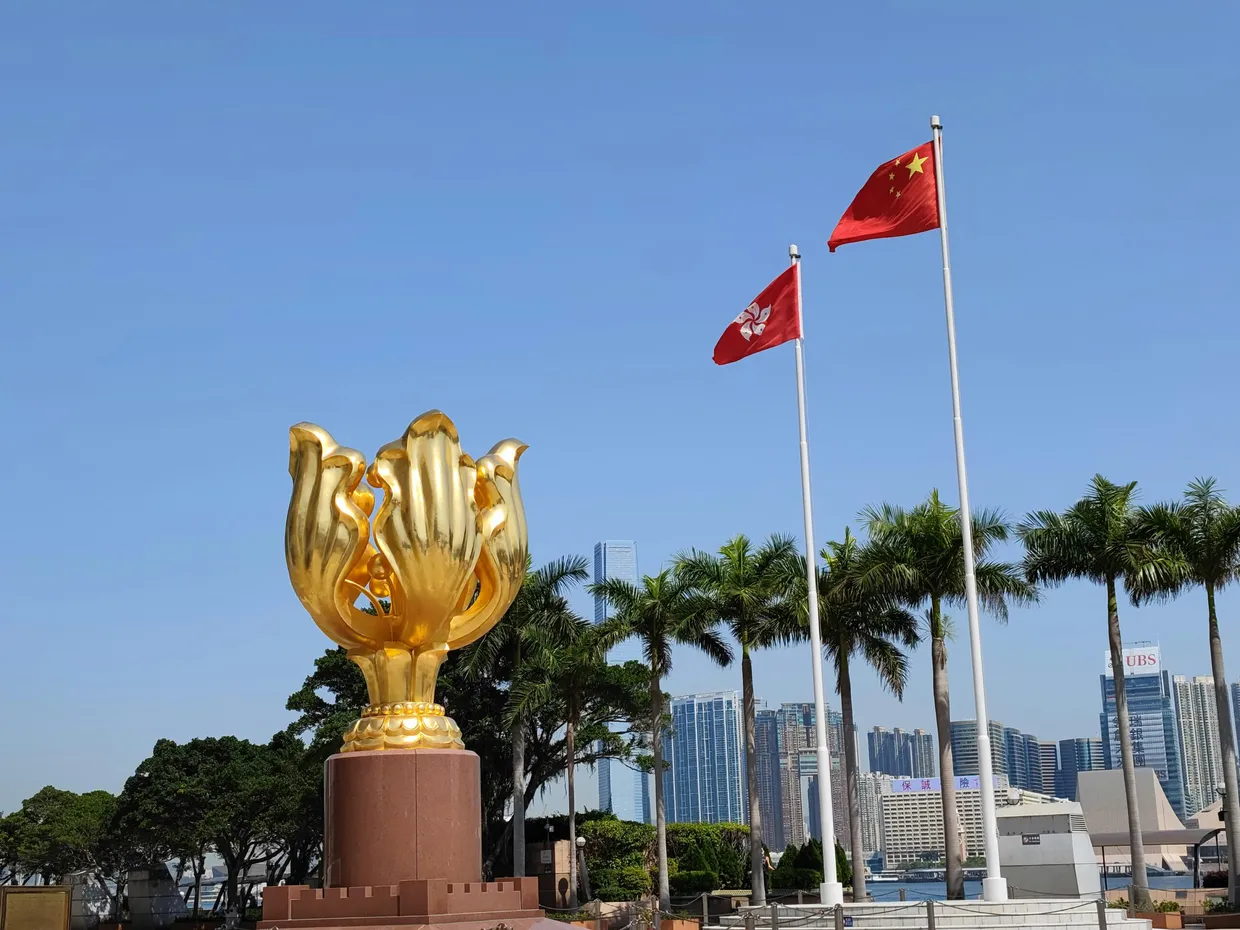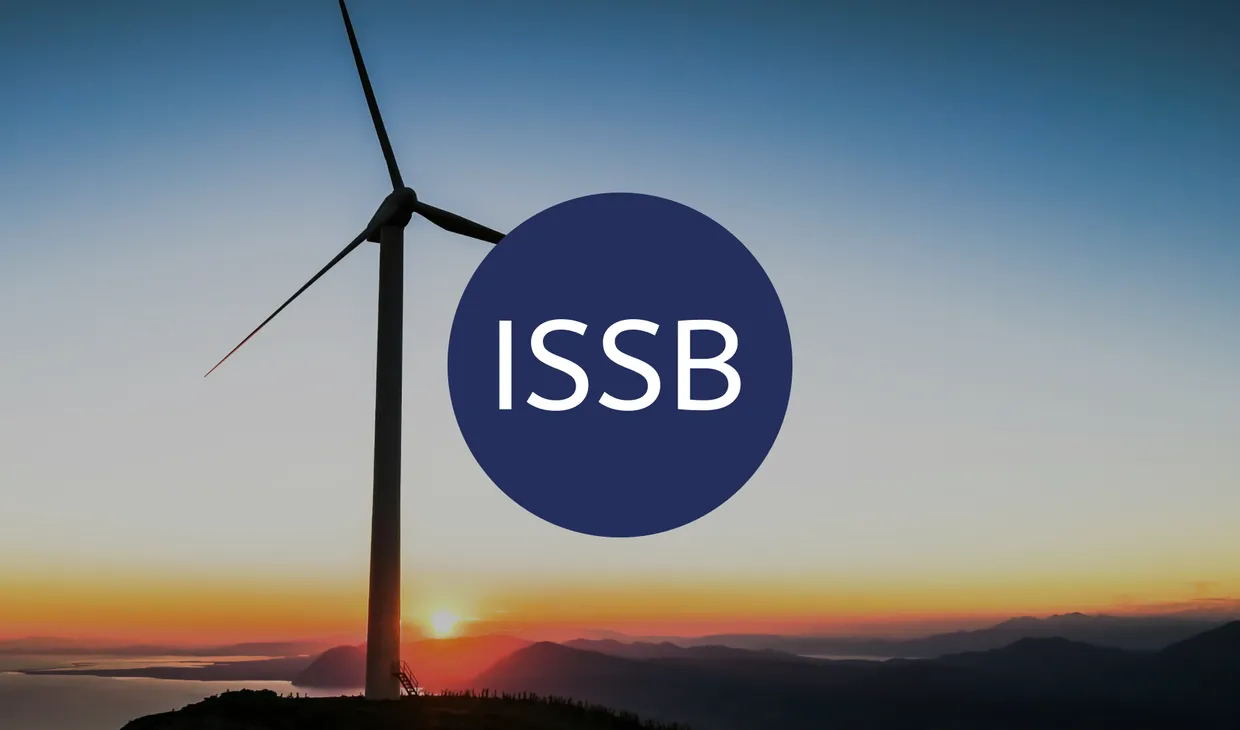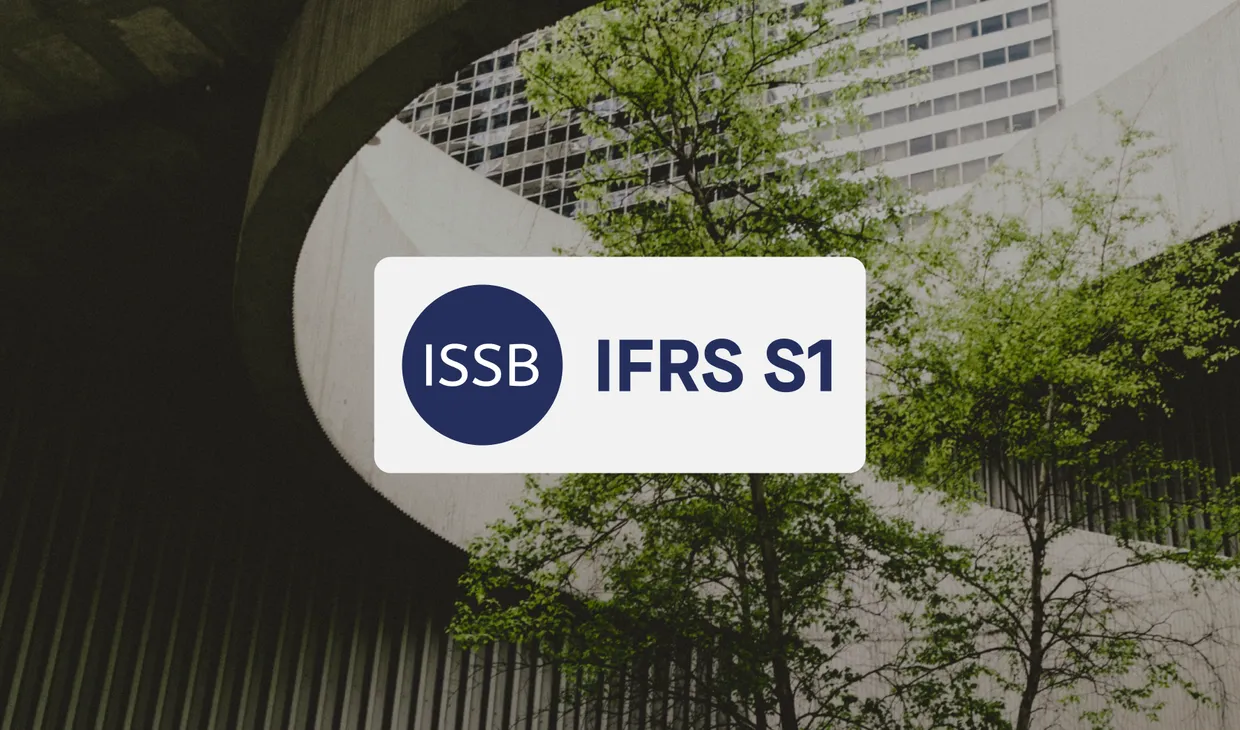As the global movement toward sustainability reporting gains momentum, Hong Kong has taken a significant step with the release of the Hong Kong Financial Reporting Standards for Sustainability Disclosure (HKFRS S1 and S2). Developed by the Hong Kong Institute of Certified Public Accountants (HKICPA) and fully aligned with the ISSB standards, these frameworks represent a major shift in how companies disclose sustainability-related risks and opportunities.
These new disclosure requirements based on the Conceptual Framework for Financial Reporting 2018 will impact both listed companies and financial institutions, setting a clear path toward comprehensive, globally aligned financial reporting that integrates environmental and climate-related factors.
Which businesses are covered by the HKFRS?
The HKFRS sustainability standards apply to a growing group of entities operating in the Hong Kong SAR. The scope has been designed to align with global expectations and the ISSB standards, and is expected to broaden over time.
Key categories of businesses covered include:
- Main Board-listed companies on the Hong Kong Stock Exchange
- Large-cap issuers with substantial market influence
- Publicly accountable entities, including those with a significant role in Hong Kong’s financial system
- Non-listed financial institutions considered systemically important within the region
- Companies incorporated in Hong Kong Limited that meet thresholds outlined in future regulatory updates
- Private entities may also be affected over time, depending on their size, industry, and exposure to sustainability risks
Note: The HKICPA has confirmed that HKFRS S1 and S2 will follow a phased roadmap for implementation. The scope of application is expected to expand in line with the broader adoption of the IFRS accounting standard and the evolving sustainability disclosure framework. Financial reporting standards issued by the HKICPA are recognised as authoritative under Hong Kong law.
What is the HKFRS S1 and S2?
HKFRS S1 and S2 form the foundation of Hong Kong’s sustainability disclosure framework and are based on the ISSB’s IFRS S1 and IFRS S2. These standards underwent extensive due process by the HKICPA before publication.
HKFRS S1: General requirements for disclosure of sustainability-related financial information
HKFRS S1 establishes the overarching requirements for disclosing sustainability-related financial information in a way that complements traditional financial statements. It guides entities on how to report governance practices, strategy, risk management processes, and performance as they relate to environmental and social risks.
This standard applies to all sustainability-related issues that could reasonably be expected to affect an entity’s financial position, performance, or prospects.
HKFRS S2: Climate-related disclosures
HKFRS S2 focuses specifically on climate-related disclosures. It covers governance of climate issues, strategy alignment with climate risks and opportunities, scenario analysis, metrics (including Scope 1, 2, and 3 emissions), and progress toward climate-related targets.
HKFRS S2 is designed to help businesses articulate how climate change impacts their operations and what steps they are taking to adapt and mitigate those risks. This is particularly relevant for publicly accountable entities and large listed groups, such as Hong Kong Limited companies with broad investor bases.
What is the implementation timeline for the HKFRS regulations?
The HKFRS sustainability disclosure standards are being introduced through a phased approach. This allows businesses in the Hong Kong SAR to align their internal systems with international guidelines while following a structured due process.
Here’s a breakdown of the implementation timeline:
- Main Board–listed companies
- Effective date: 1 January 2025
- Required to report climate-related financial disclosures under HKFRS S2 based on ISSB standards, using a “comply or explain” approach.
- Large-cap listed companies
- Effective date: 1 January 2026
- Must fully adopt HKFRS S2 standards in respect of climate-related disclosures, aligning with IFRS accounting standard requirements.
- Large-cap listed companies (mandatory HKFRS S1 and S2)
- Effective date: 1 January 2028 (expected)
- Following a 2027 consultation, these companies may be required to adopt both HKFRS S1 and S2 standards for all sustainability-related financial disclosures.
- Non-listed financial institutions with systemic importance
- No later than 2028
- Will be required to follow HKFRS S1 and S2 guidelines, even if not listed, due to their influence on Hong Kong’s financial market infrastructure.
- All companies within scope
- A framework for sustainability assurance engagements will be developed using international standards to ensure consistency and accountability in reporting.
How do HKFRS S1 and S2 relate to the ISSB?
The HKFRS S1 and S2 are directly aligned with the IFRS S1 and IFRS S2 standards published by the International Sustainability Standards Board (ISSB). This alignment ensures that Hong Kong businesses follow a global reporting framework that is recognized by regulators, investors, and stakeholders around the world.
By mirroring the ISSB standards, Hong Kong SAR joins other jurisdictions in implementing a comprehensive global baseline for sustainability-related financial disclosures. This global approach also simplifies the reporting process for multinational companies or those with international investors.
In short, HKFRS S1 and S2 serve as the local equivalent of the global IFRS accounting standard for sustainability information.
How can businesses prepare for compliance?
Adopting HKFRS S1 and S2 requires careful planning and execution. Businesses can take several practical steps to ensure readiness:
Understand the requirements
Companies must begin by reviewing the content of HKFRS S1 and S2 to understand what must be reported and how the information links with their existing financial statements and operational data.
Conduct a gap assessment
A thorough comparison of existing reporting against the new standards will help identify where current practices fall short. This gap analysis is critical for public entities, particularly those with complex operations.
Strengthen governance and internal controls
Sustainability disclosures require governance processes that are just as robust as those supporting financial reporting. Involving board members, audit committees, and cross-functional teams early is essential.
Improve data quality
Effective reporting hinges on timely, high-quality data. Organizations must invest in systems to collect and validate sustainability-related metrics across the value chain.
Align with strategy
Sustainability disclosures aren’t just about compliance—they reflect strategic risk management. Businesses should ensure that climate and environmental risks are embedded in core business planning.
How can ESG software help?
ESG software plays a pivotal role in supporting companies through the transition to HKFRS compliance. These platforms help organizations manage large volumes of data and align with the ISSB standards through features such as:
- Automated data collection across departments and geographies
- Real-time tracking of key sustainability indicators
- Templates and tools aligned with HKFRS and ISSB requirements
- Scenario analysis for climate risk assessments
- Centralized dashboards for internal and external reporting
ESG platforms also support audit readiness by maintaining consistent documentation of assumptions, calculations, and sources—crucial for entities subject to future sustainability assurance requirements.
Final thoughts
The introduction of HKFRS S1 and S2 marks a major step in embedding sustainability into the financial reporting landscape of Hong Kong SAR. By adopting a global, science-based framework that mirrors the ISSB’s IFRS accounting standards, Hong Kong Limited companies and other publicly accountable entities are setting themselves up for long-term resilience and investor confidence.
Businesses that begin preparing now will be best positioned to meet future reporting obligations, improve transparency, and strengthen stakeholder trust in a sustainability-driven world.



